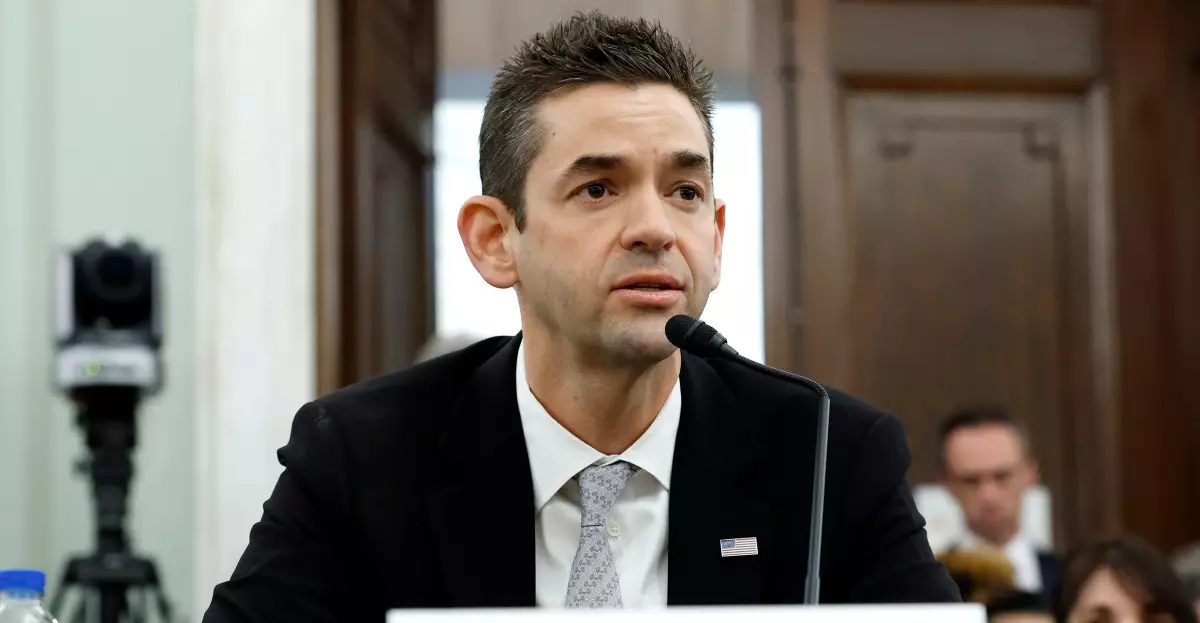In an unexpected political twist, Jared Isaacman’s nomination to head NASA was rescinded, a decision apparently rooted in the billionaire’s financial contributions to Democratic candidates. This incident sends a chilling message regarding the intersection of political affiliation and leadership roles in scientific institutions. Isaacman, known as the CEO of Shift4 Payments and an adventurous space tourism pioneer, found himself at the nexus of controversy simply for his past support of individuals outside the Republican Party. This development underscores the evolving narrative around who qualifies as a leader in space exploration – someone purely aligned with a specific political ethos, rather than evaluated on their competencies.
Behind the Scenes: White House Dynamics
The timing of Isaacman’s withdrawal is particularly noteworthy. It came just after the departure of Elon Musk from his advisory position within the White House. Such connections draw attention to the intricacies of political maneuvers in high-profile appointments. Reports indicate that President Trump expressed dissatisfaction upon discovering Isaacman’s donations to prominent Democrats, including Arizona Senator Mark Kelly. This scenario reflects the precariousness of appointments in a politically charged environment, where loyalty to a party overshadows professional accomplishments and qualifications.
NASA’s Uncertain Future
Compounding this turmoil is the substantial budget cut proposed for NASA in its 2026 request, which slashes funding by nearly a quarter. A stunning drop from $24.8 billion to $18.8 billion not only threatens the agency’s operational viability but also jeopardizes critical scientific programs, which are set to lose 47 percent of their funding. Critics have vehemently denounced this budgetary strategy, with The Planetary Society labeling it an “extinction-level event” for NASA’s most successful endeavors. The implications of reduced funding on technological advancement and exploration cannot be overstated; they risk halting momentum built on years of taxpayer investment in space science.
Public Response and Implications
The fallout from these events is likely to impact public perception of NASA and the broader space program. A former NASA senior leader lamented the agency’s current trajectory, likening it to “just a going-out-of-business mode.” This sentiment reveals widespread concern about where NASA’s leadership and funding will take the agency amid shifting political winds. As the White House navigates the complexity of nominations, the focus should ideally transcend mere partisan politics and embrace a more inclusive view that harnesses talent based on expertise rather than loyalty.
The Quest for a New Leader
As the search for a new NASA administrator commences, one cannot overlook the critical importance of selecting an individual who can navigate both the political landscape and the scientific community effectively. The forthcoming appointee will need to reassure stakeholders in the space community while also aligning with a radically political agenda that has shown little patience for scientific rationale. The intersection of politics and science in this context poses a formidable challenge. In the end, the direction NASA takes under its new leadership will shape not only America’s standing in space exploration but also the future of global scientific cooperation.

